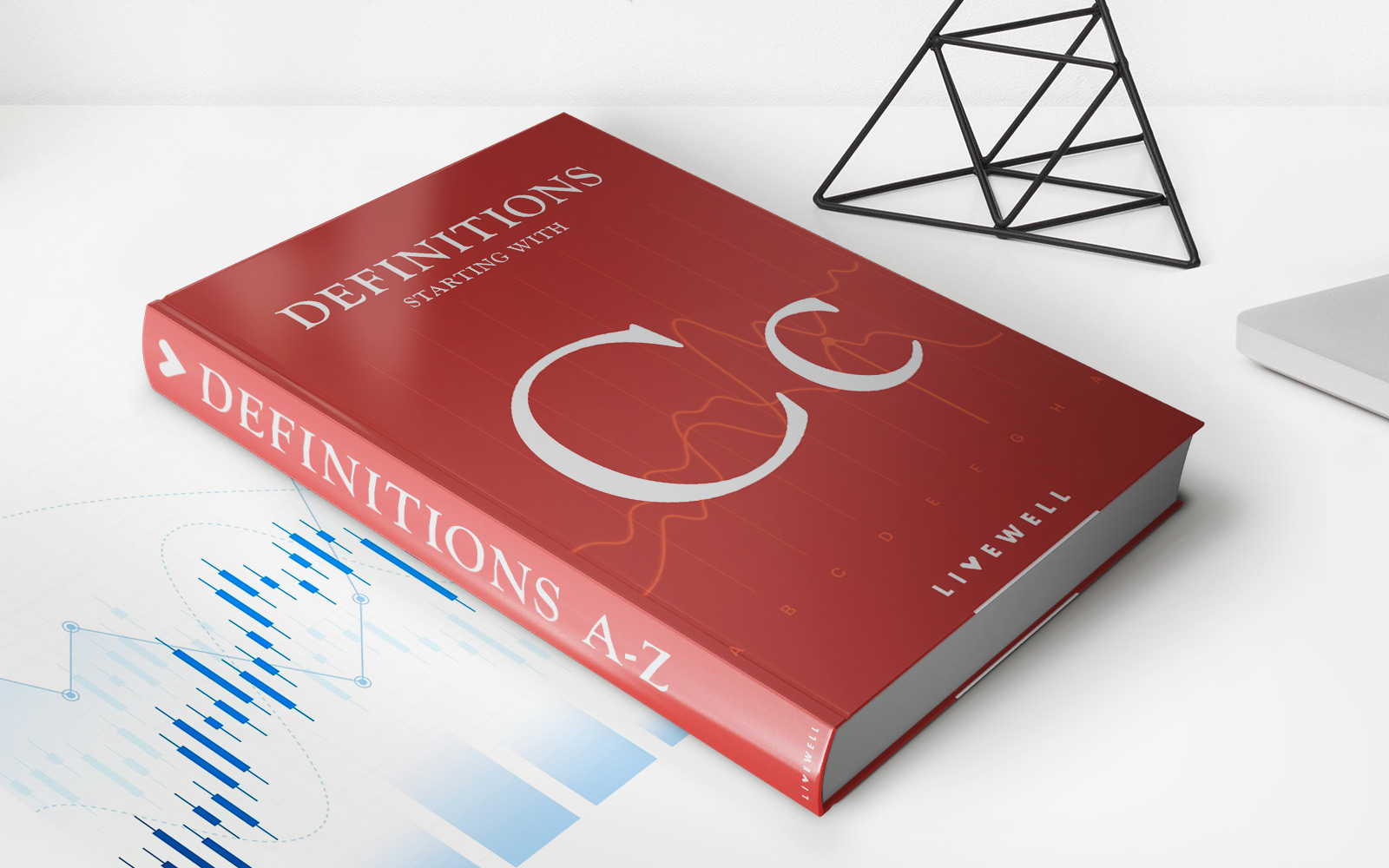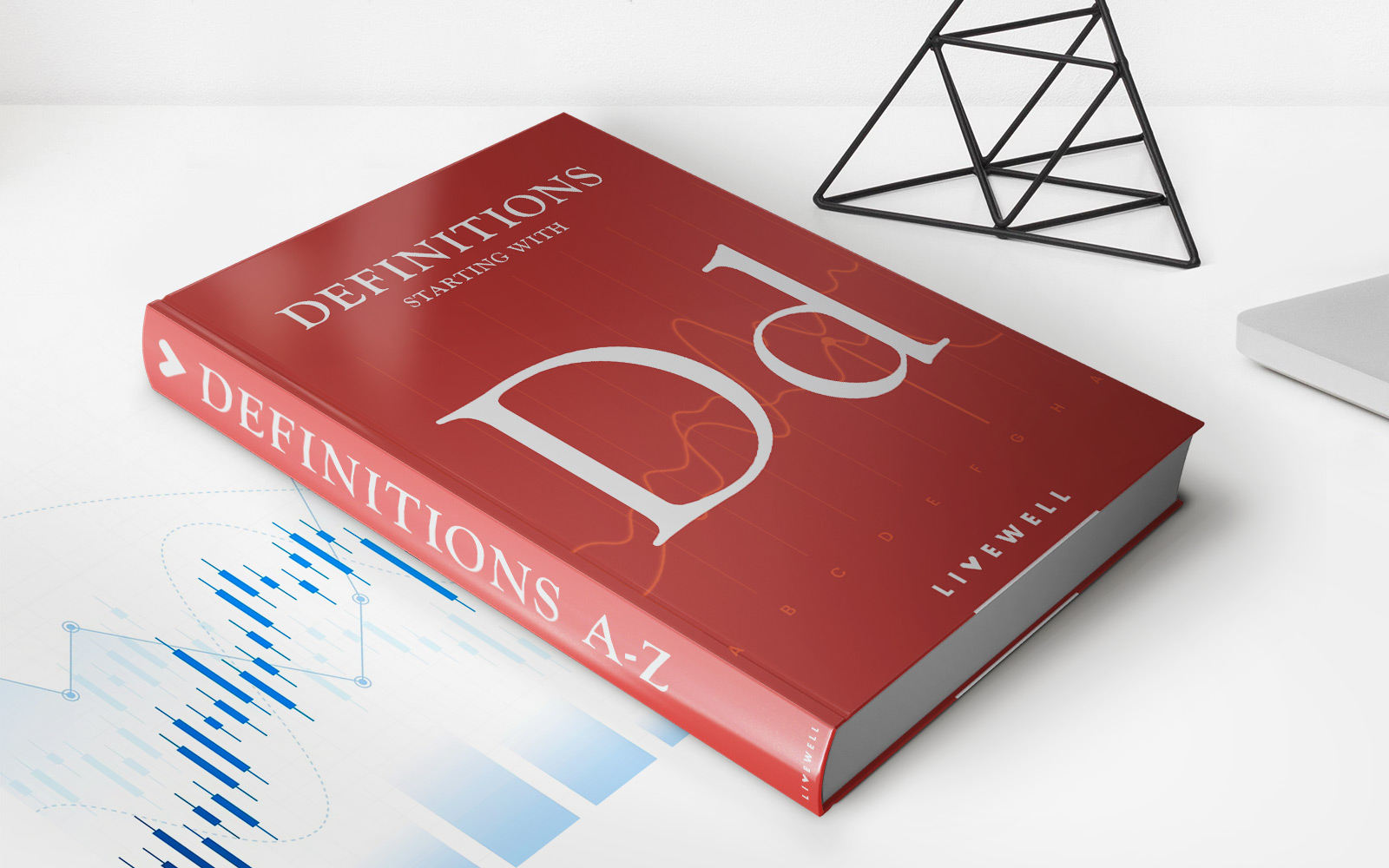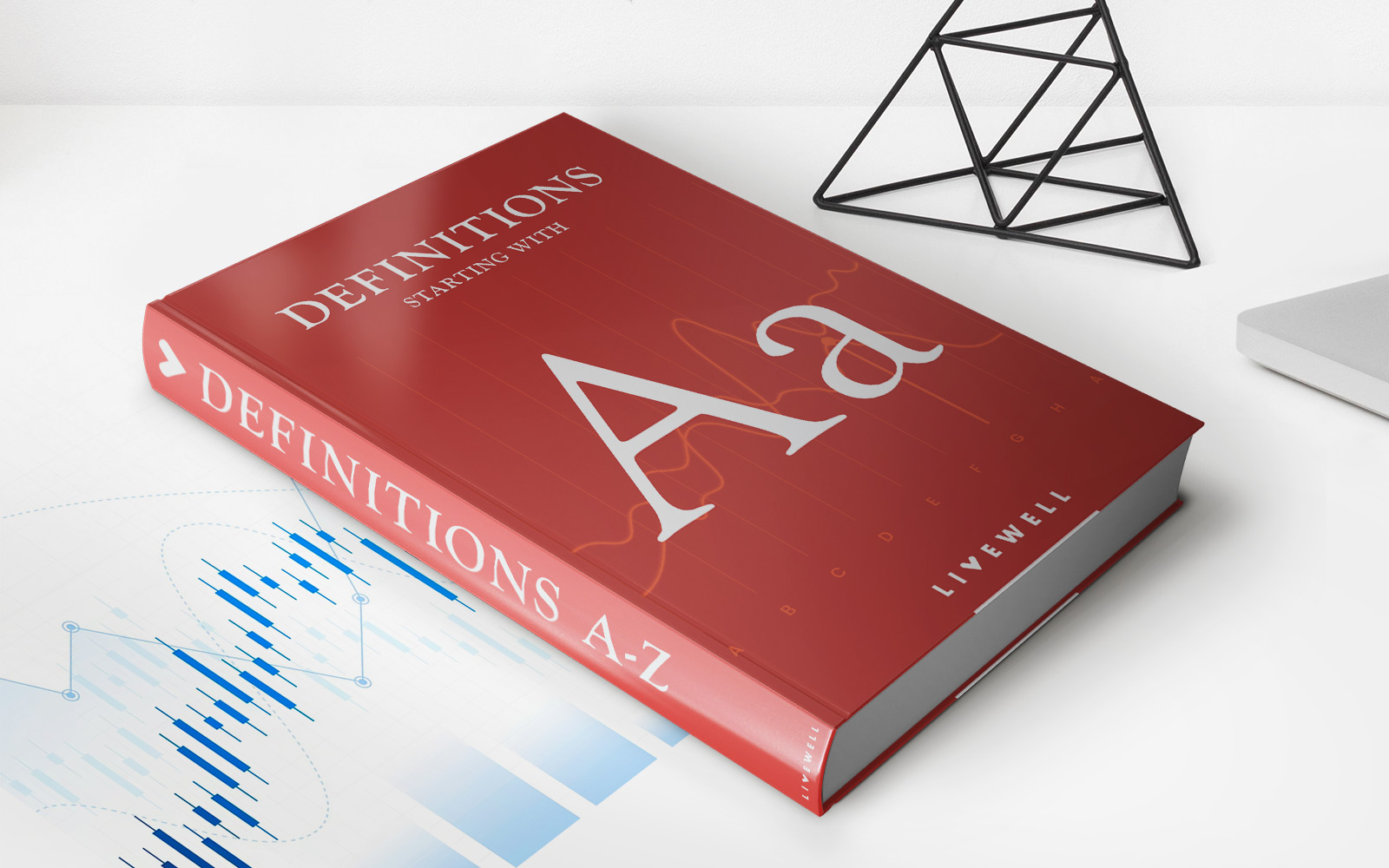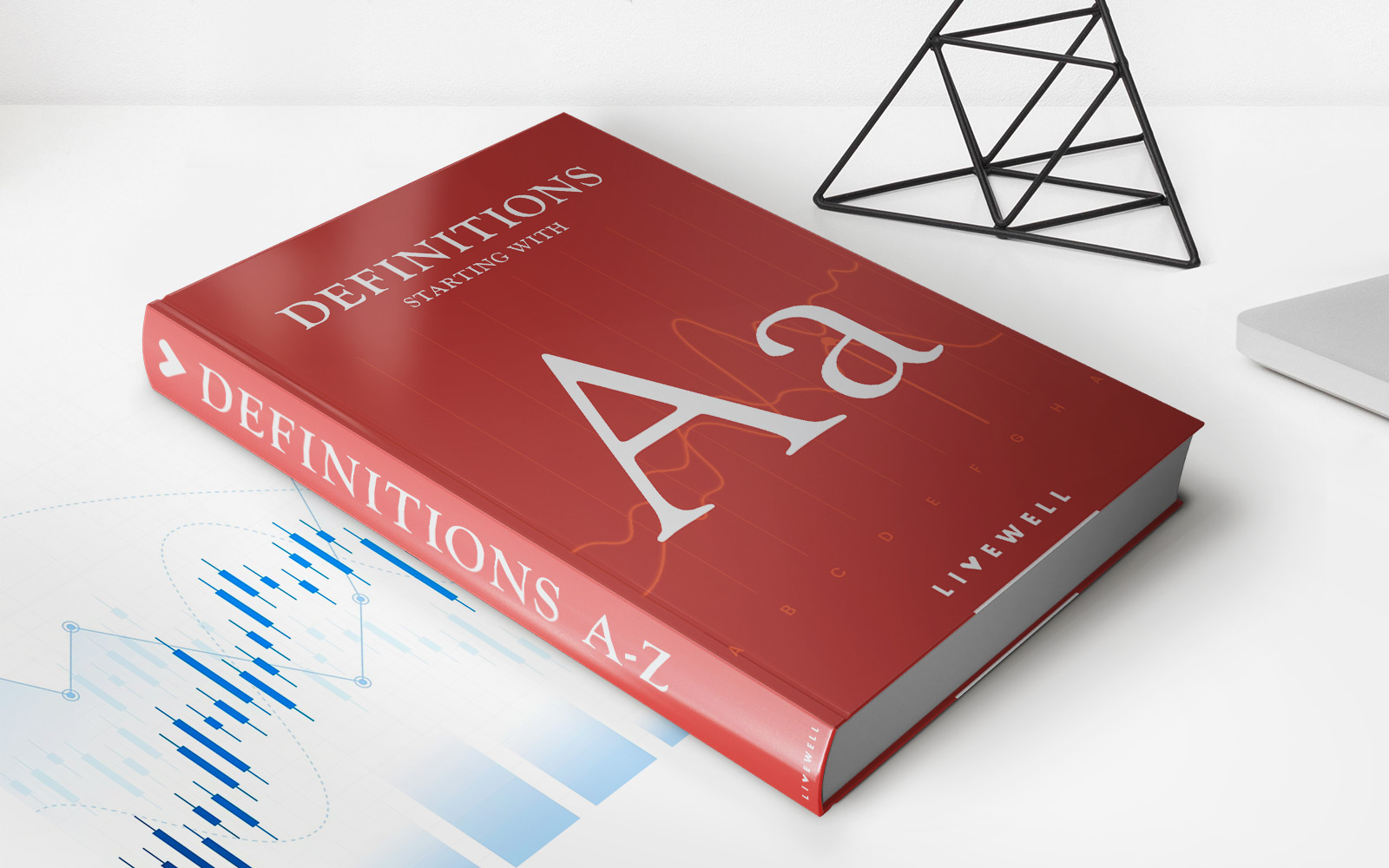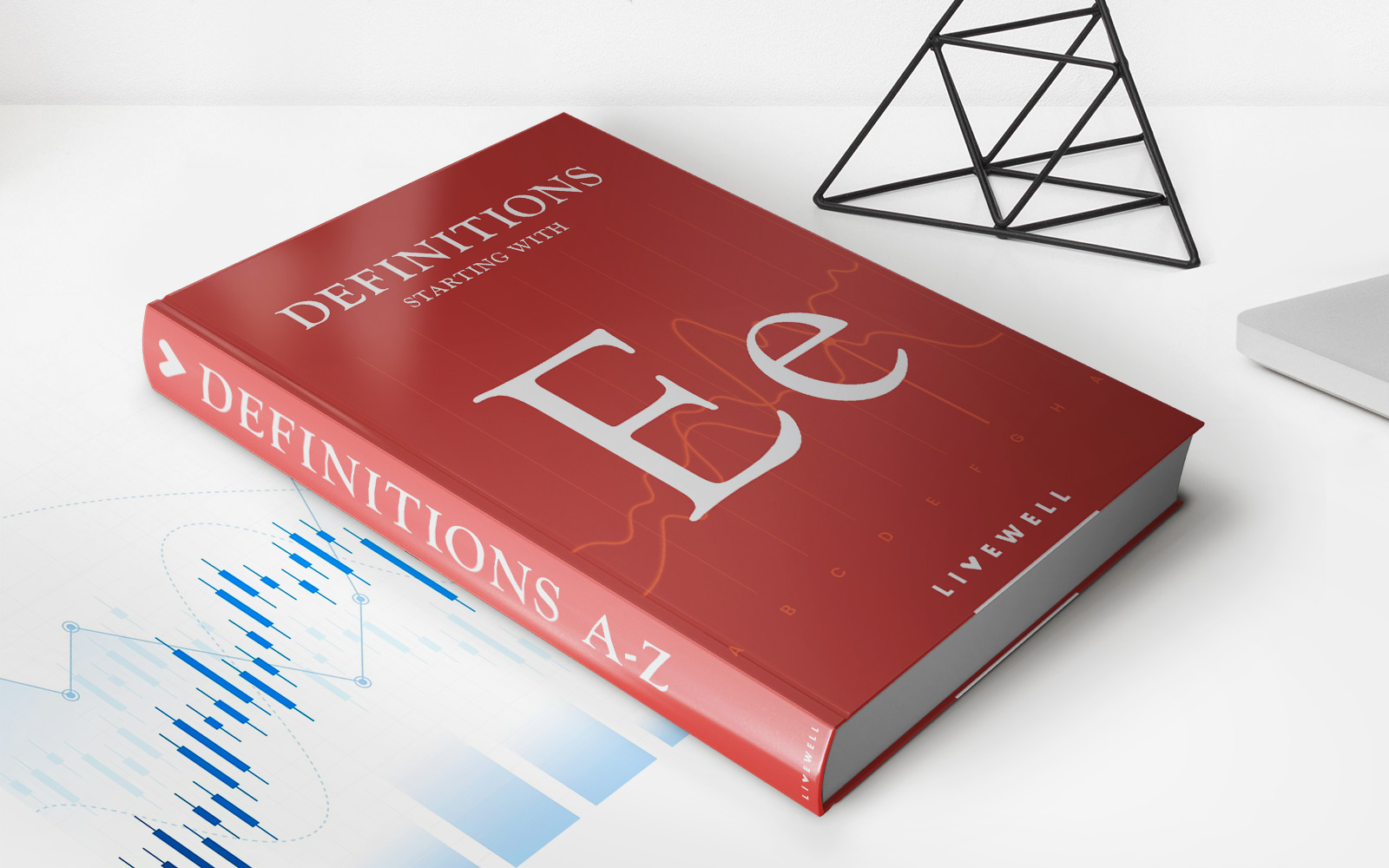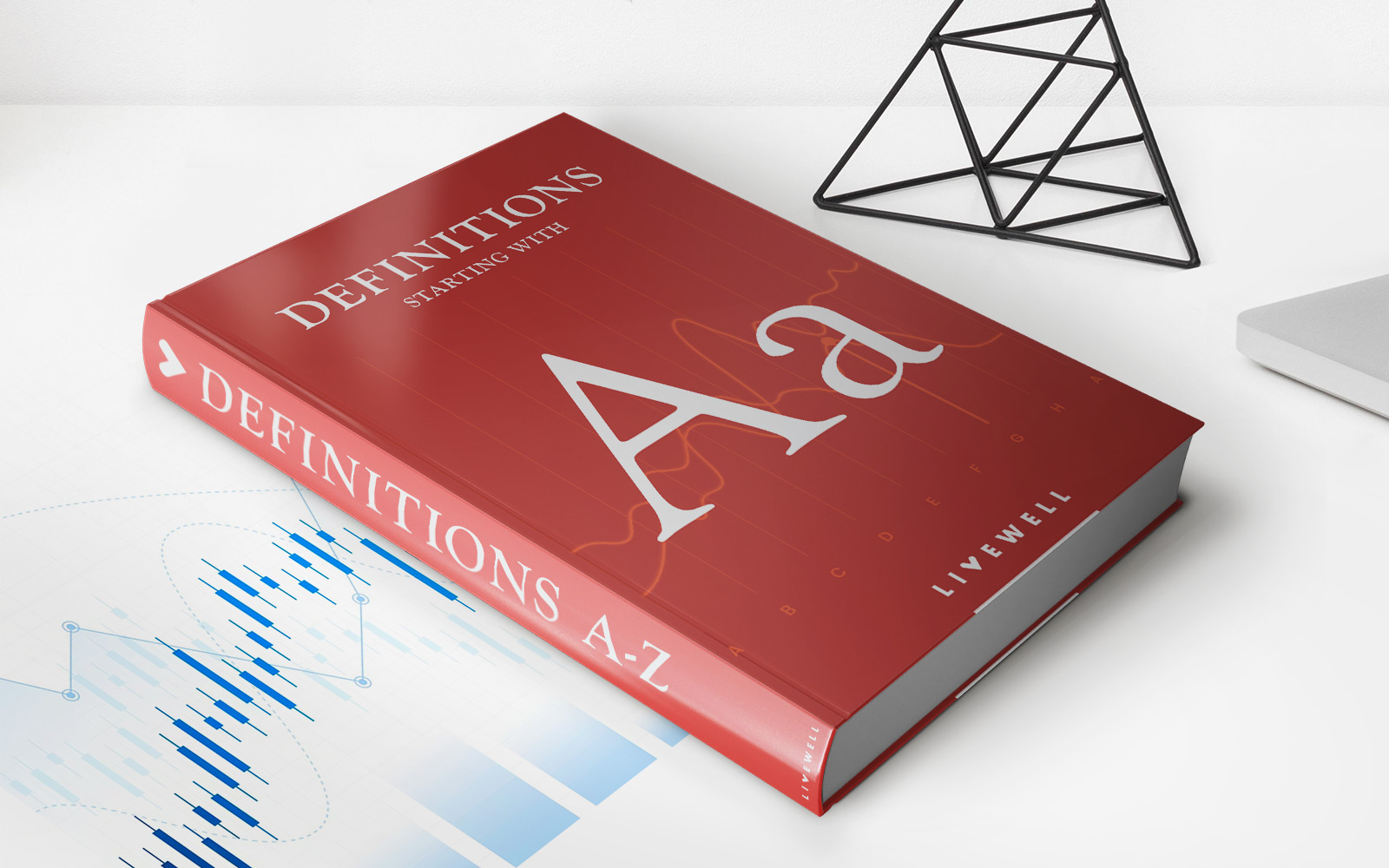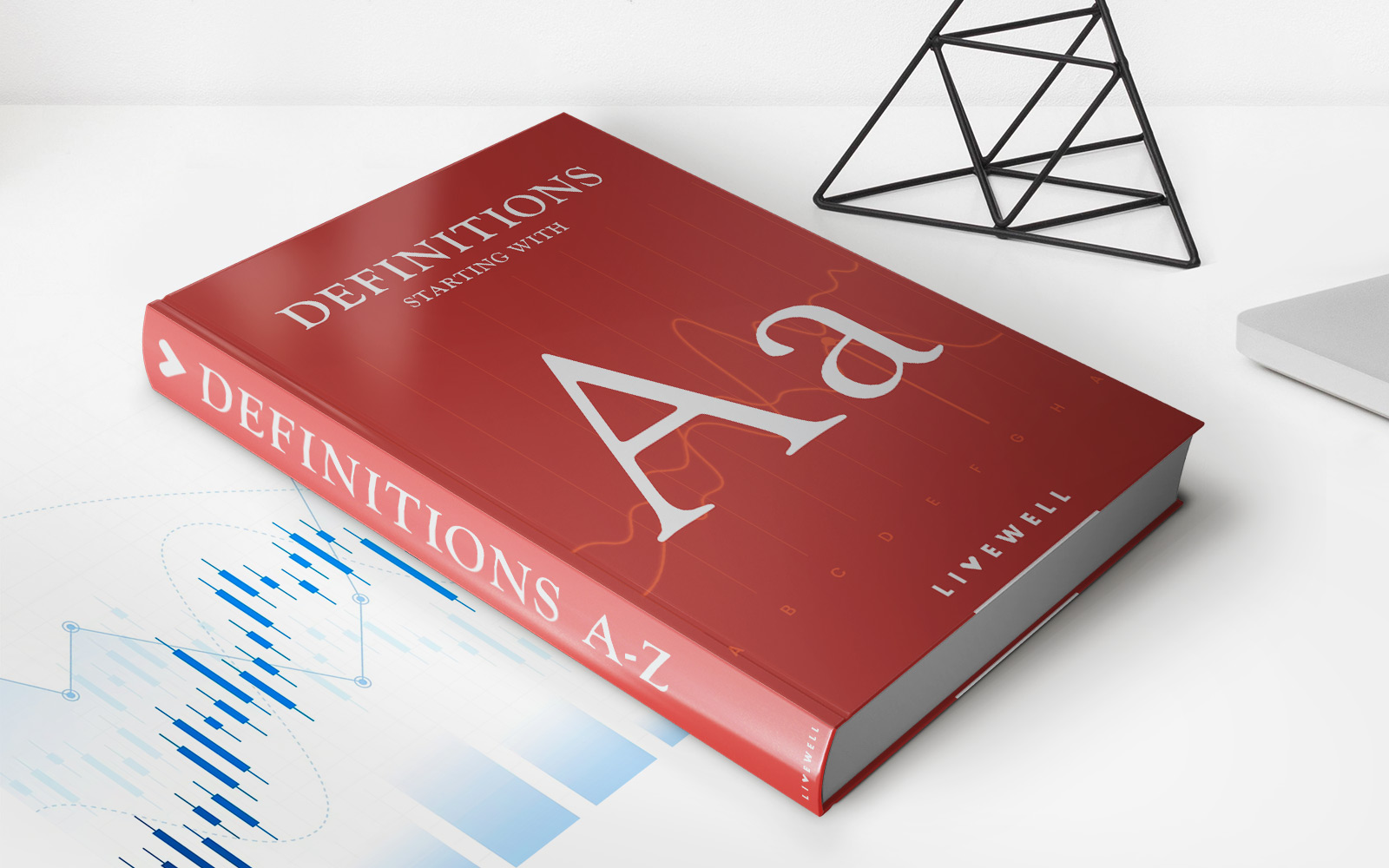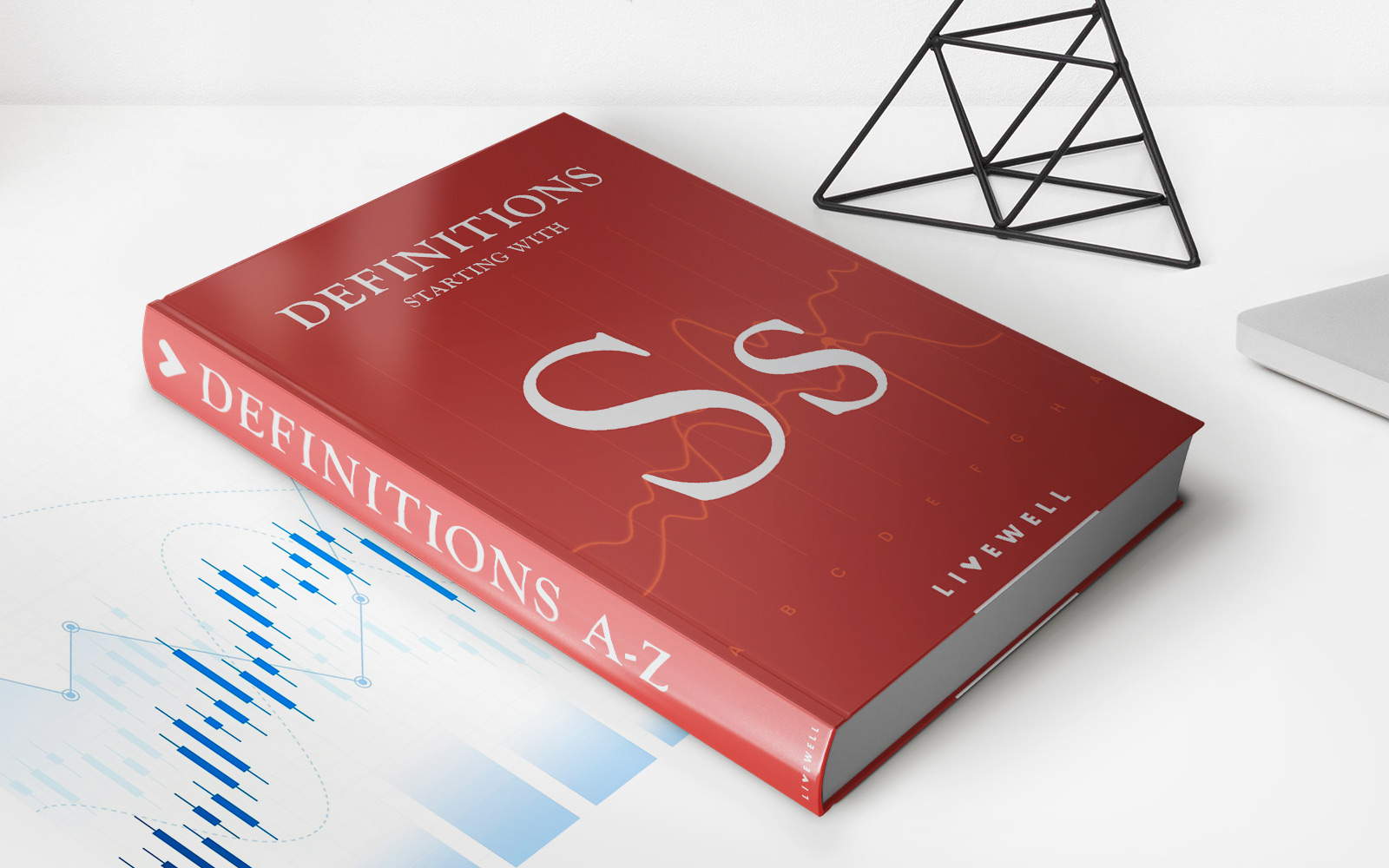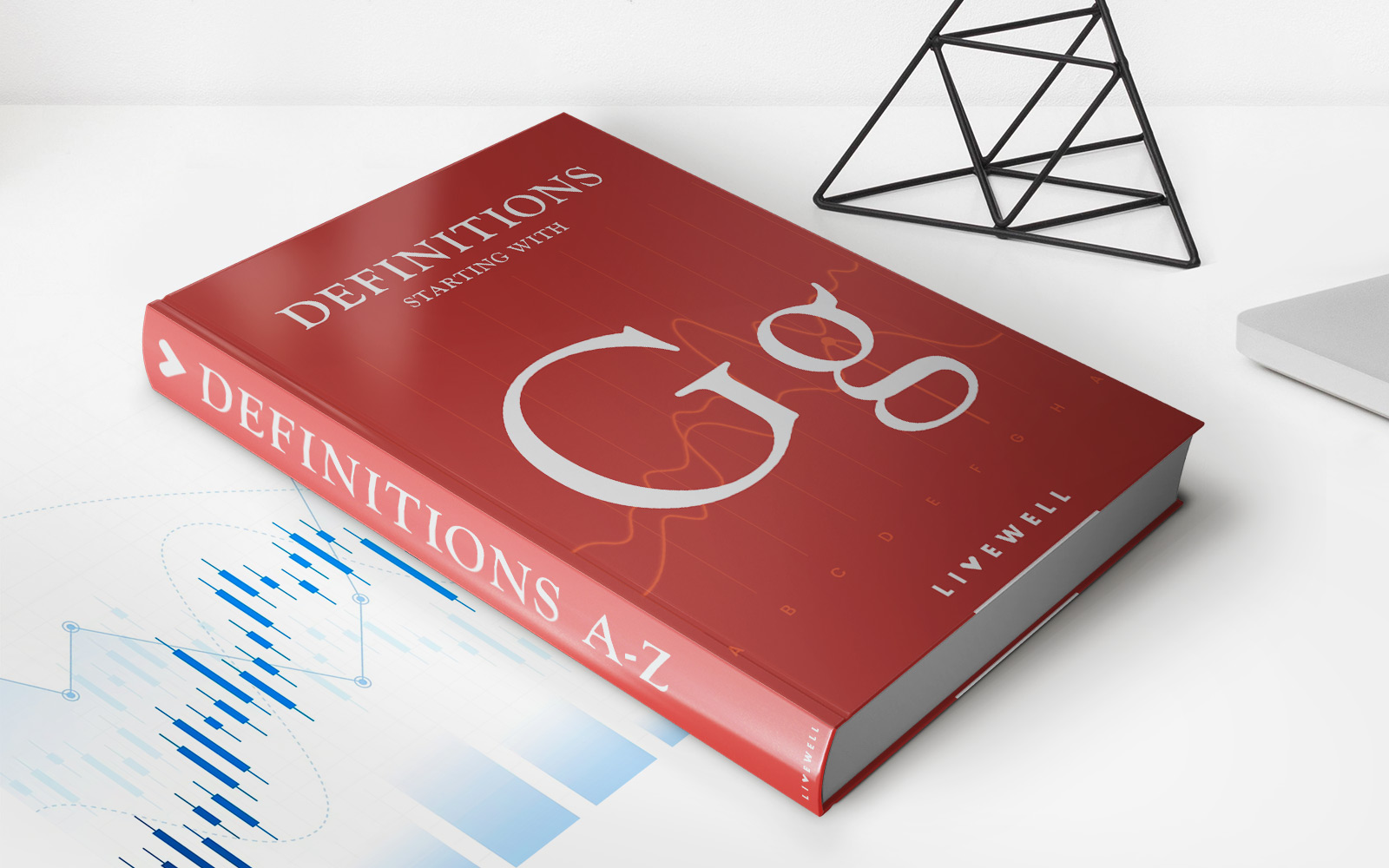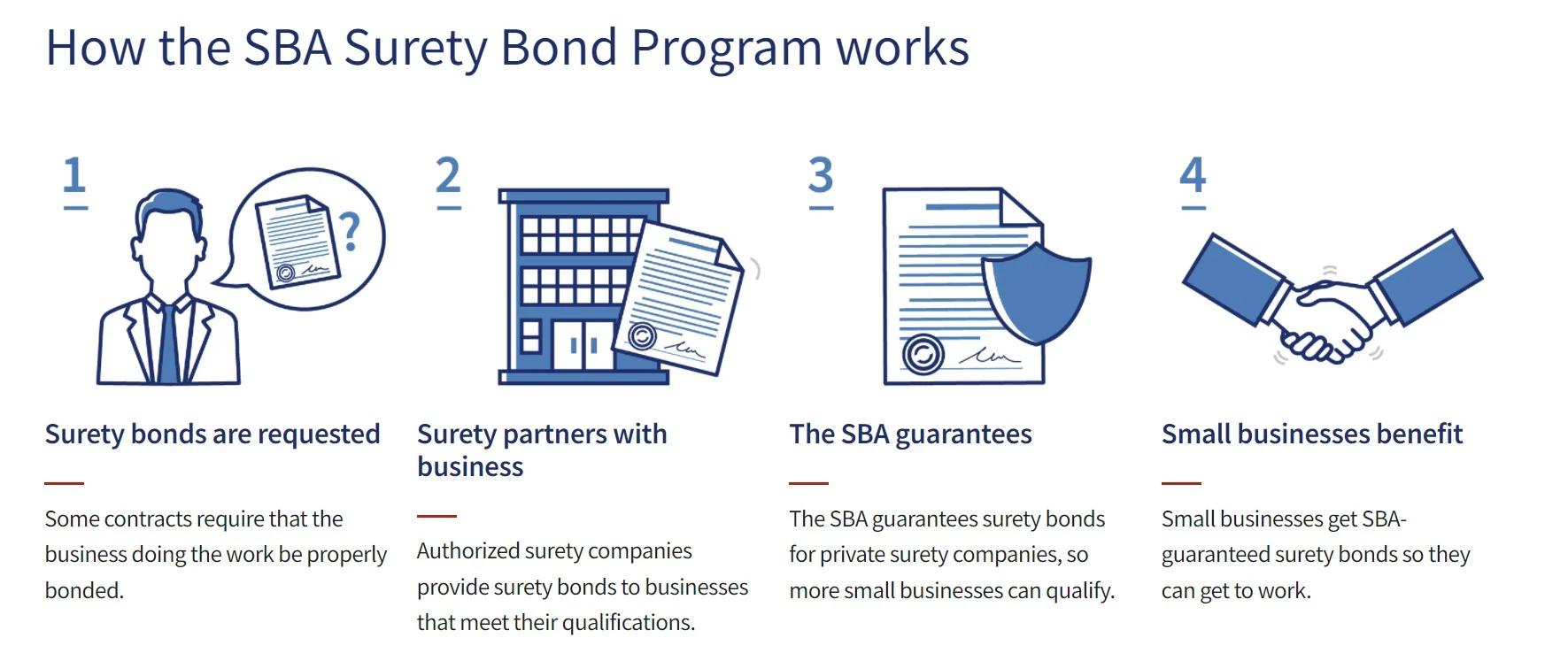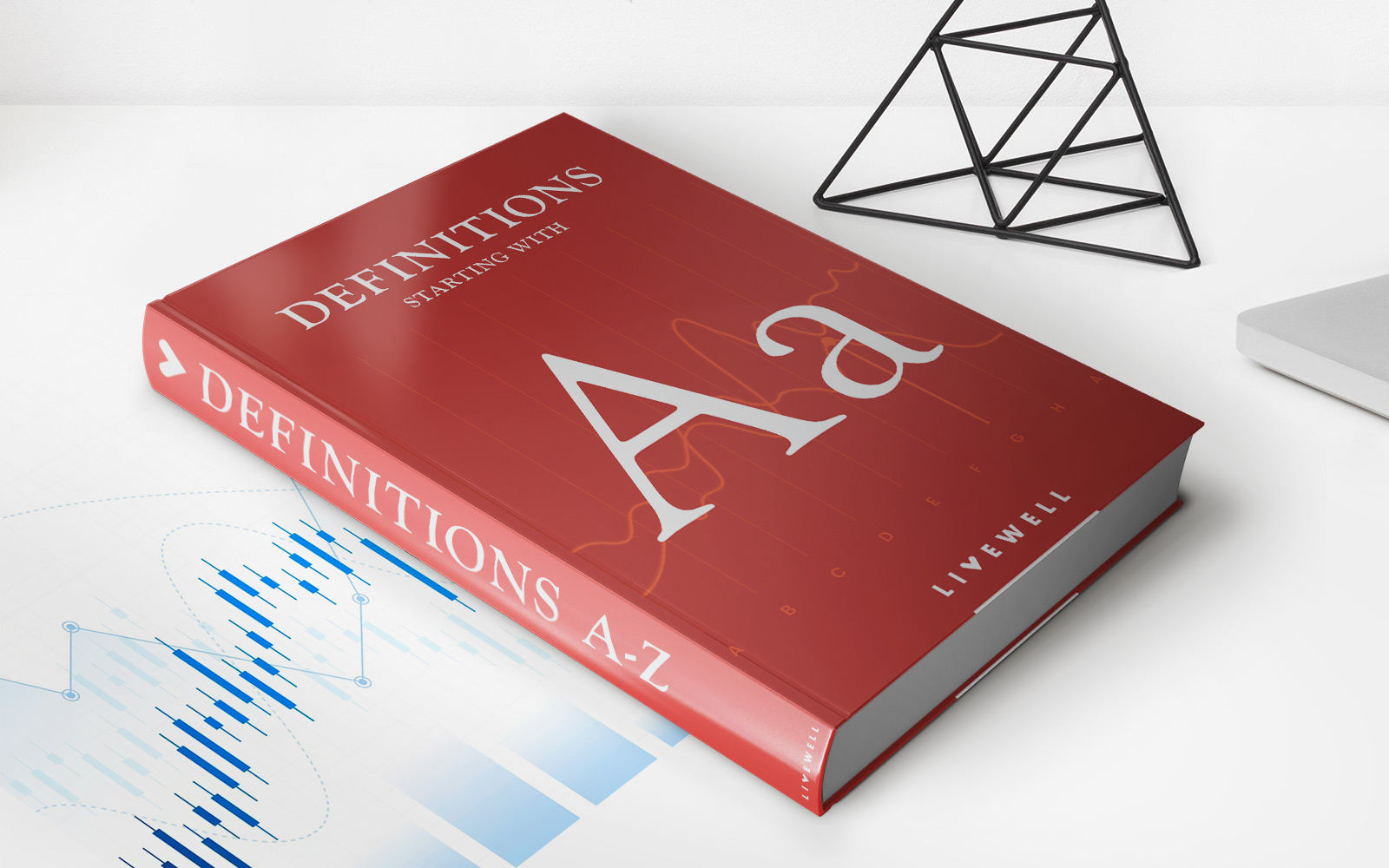

Finance
Absolute Pollution Exclusion Definition
Published: September 25, 2023
Learn the definition of absolute pollution exclusion in finance and understand how it impacts insurance coverage for environmental risks.
(Many of the links in this article redirect to a specific reviewed product. Your purchase of these products through affiliate links helps to generate commission for LiveWell, at no extra cost. Learn more)
The Absolute Pollution Exclusion Definition: Understanding the Basics of Insurance Coverage
If you’re involved in the world of finance, you’ve likely come across various insurance policies that offer protection against different risks. One common exclusion found in many insurance policies is the absolute pollution exclusion. But what exactly does this mean, and how does it impact your coverage? In this blog post, we’ll delve into the absolute pollution exclusion definition, its significance in the finance industry, and what you need to know about it.
Key Takeaways:
- The absolute pollution exclusion is a common clause found in insurance policies, particularly in general liability policies.
- It excludes coverage for bodily injury or property damage resulting from pollutants released into the environment.
Understanding the Absolute Pollution Exclusion
In simple terms, the absolute pollution exclusion is a provision commonly found in insurance policies, specifically in general liability policies. It excludes coverage for bodily injury or property damage resulting from pollutants released into the environment. This exclusion applies to both gradual pollution and sudden spills or discharge of pollutants. Now, let’s break down the absolute pollution exclusion definition further:
- Purpose: The primary purpose of the absolute pollution exclusion is to limit insurance company liability for environmental damages caused by pollution.
- Scope: The exclusion typically encompasses a wide range of contaminants, such as hazardous substances, chemicals, waste materials, and pollutants that can cause harm to the environment, including air, soil, and water sources.
- Exceptions: Although the absolute pollution exclusion is intended to be broad, there are exceptions, known as carve-back provisions, which may vary from one insurance policy to another. These carve-back provisions often restore coverage for certain types of pollution-related incidents, such as sudden and accidental releases or pollution resulting from a covered event.
Significance in the Finance Industry
The absolute pollution exclusion plays a significant role in the finance industry, particularly when it comes to risk assessment and insurance coverage. Here’s why finance professionals should pay attention to this definition:
- Environmental Liabilities: With increasing environmental concerns and regulations, the risk of environmental liabilities has grown. Understanding the absolute pollution exclusion helps finance professionals assess potential risks and obtain appropriate coverage.
- Contractual Requirements: Many lenders require borrowers to maintain pollution liability insurance to protect themselves against environmental risks. The exclusion guides the borrower in securing adequate coverage to meet these contractual requirements.
- Policy Review: For businesses involved in activities that are prone to pollution risks, reviewing insurance policies with the absolute pollution exclusion definition in mind is crucial. It allows them to evaluate their coverage and consider additional pollution liability policies if necessary.
In Conclusion
The absolute pollution exclusion is an essential aspect of insurance policies, especially for those operating in the finance industry. Understanding this exclusion can help finance professionals assess risks, meet contractual obligations, and ensure adequate coverage for potential environmental liabilities. As with any legal matter, it’s always wise to consult with an experienced insurance professional to help interpret the specifics of your insurance policy and address any concerns you may have about the absolute pollution exclusion.
